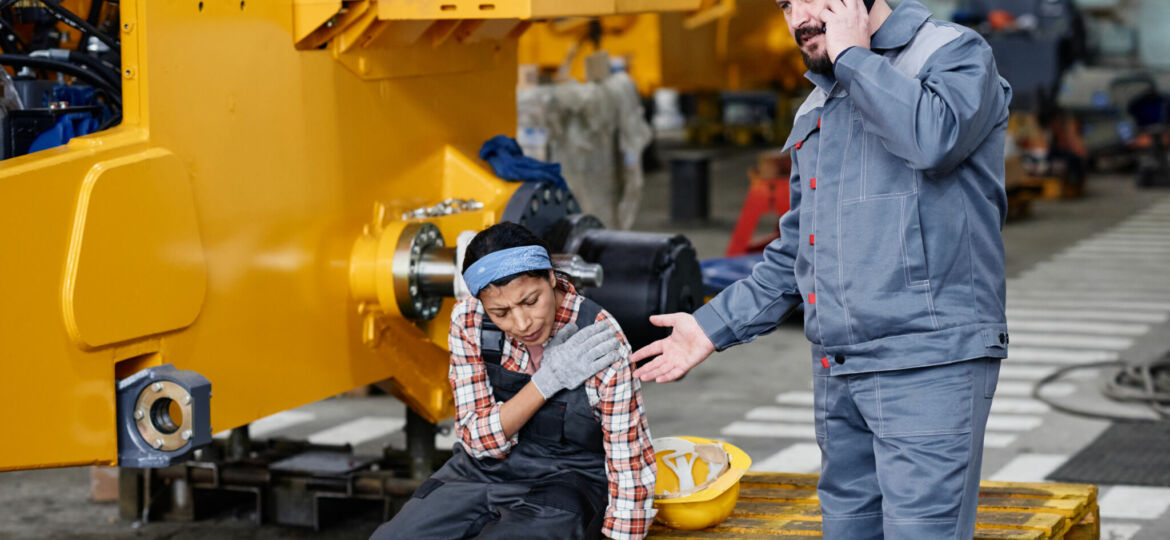
In Vermont, the workers’ compensation system is designed to provide crucial support to employees who sustain injuries or illnesses on the job. Knowing the types of benefits available is essential for injured workers seeking the necessary assistance during their recovery. Here’s a comprehensive breakdown of Vermont workers’ compensation benefits:
1. Medical Benefits:
- Injured workers are entitled to receive medical benefits that cover the costs of necessary and reasonable medical treatment related to the workplace injury. This includes doctor visits, hospital stays, surgeries, prescription medications, and other medical expenses directly related to the injury.
2. Wage Replacement Benefits:
- Wage replacement benefits are designed to compensate workers for a portion of the income lost due to a work-related injury. In Vermont, injured workers may be eligible for two types of wage replacement benefits:
- Temporary Total Disability (TTD): This benefit provides compensation for workers who are temporarily unable to perform any work due to their injury. It typically amounts to two-thirds of the worker’s average weekly wage.
- Permanent Partial Disability (PPD): In cases where an injury results in a permanent impairment but does not render the worker completely unable to work, PPD benefits are provided based on the severity of the impairment.
3. Vocational Rehabilitation:
- Vocational rehabilitation benefits aim to assist injured workers in returning to suitable employment after recovering from their injuries. This may include job retraining, education, and other support services to enhance the worker’s ability to reenter the workforce.
4. Permanent Total Disability Benefits:
- In cases where a work-related injury leaves an employee permanently unable to perform any gainful employment, permanent total disability benefits may be awarded. These benefits provide ongoing financial support for the injured worker.
5. Death Benefits:
- In the unfortunate event of a work-related fatality, death benefits may be available to the surviving dependents of the deceased worker. These benefits can include compensation for funeral expenses and ongoing financial support for dependents.
6. Disfigurement Benefits:
- Workers who sustain permanent scarring or disfigurement due to a workplace injury may be eligible for disfigurement benefits. The amount is determined based on the severity and location of the disfigurement.
7. Mileage Reimbursement:
- Injured workers may receive reimbursement for reasonable and necessary travel expenses incurred for medical treatment related to the workplace injury. This can include mileage, parking fees, and other transportation costs.
Understanding these benefits is crucial for injured workers to ensure they receive the appropriate compensation and support during their recovery. If you have questions about workers’ compensation benefits in Vermont or need assistance with a claim, consulting with an experienced workers’ compensation attorney can provide valuable guidance tailored to your specific situation.

